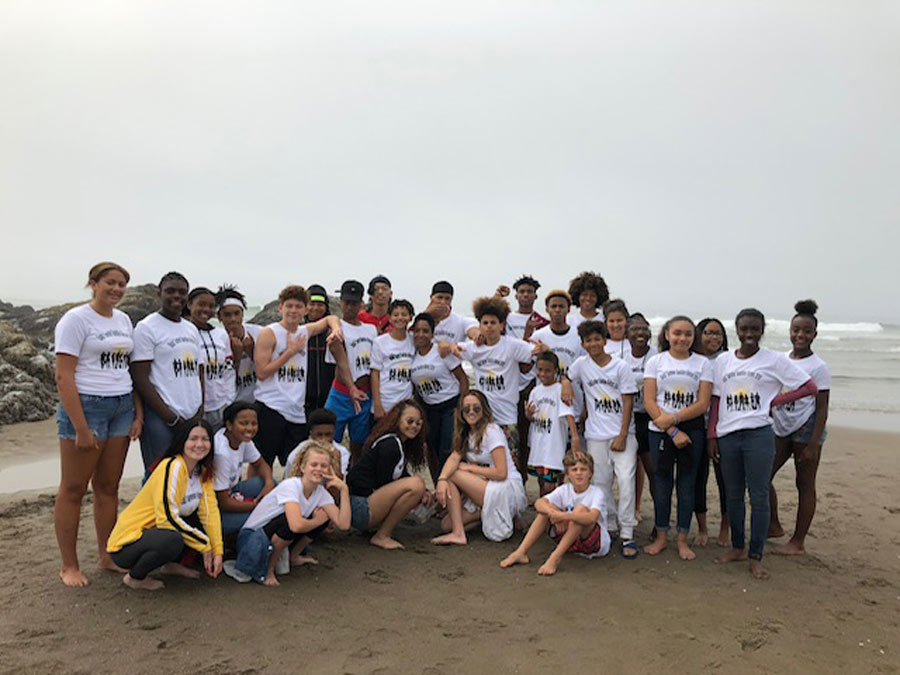The Baha’i teachings regard children as “the most precious treasure a community can possess, for in them are the promise and guarantee of the future.”
That’s why children’s classes form a core component of the current plan of action for the Baha’i world community.
All children are welcome at these free neighborhood classes, which focus on the moral and spiritual development of the young through prayer, study of the sacred writings, and community service. Abdu’l-Baha, one of the central figures of the Baha’i Faith, wrote:
Every child is potentially the light of the world—and at the same time its darkness; wherefore must the question of education be accounted as of primary importance. – Selections from the Writings of Abdu’l-Baha, p. 130.
In a world that routinely diminishes the role of motherhood, and far too often squanders the latent potential within our children, the Baha’i Faith calls on all of us to regard the young as a sacred trust, who belong not only to their parents, but to God:
Children are the most precious treasure a community can possess, for in them are the promise and guarantee of the future. They bear the seeds of the character of future society which is largely shaped by what the adults constituting the community do or fail to do with respect to children. They are a trust no community can neglect with impunity. An all-embracing love of children, the manner of treating them, the quality of attention shown them, the spirit of adult behavior toward them—these are all among the vital aspects of the requisite attitude. Love demands discipline, the courage to accustom children to hardship, not to indulge their whims or leave them entirely to their own devices. An atmosphere needs to be maintained in which children feel that they belong to the community and share in its purpose. – The Universal House of Justice, To the Baha’is of the World, April 2000.
Bahia Overton is a wife, mother, educational administrator, social worker, community builder, business owner, and professional dancer, who focuses on the spiritual and material welfare of children. As director of Leading for Learning and Equity Initiatives at the Oregon-based Chalkboard Project, a community-centered initiative that links philanthropic foundations with the Oregon public school system to improve the educational experience for all of the state’s children, she works with community organizations to highlight and identify ways in which the needs of children can best be served. Bahia is also an Executive Consultant for Joy DeGruy Publications, where she assists Dr. DeGruy in researching historical trauma and developing new models and methods for culturally responsive service delivery.

With over 14 years of practical experience as a professional in the field of social work, Bahia has served as a therapist, curriculum developer and culturally specific treatment specialist in several states, with various community-based organizations and government entities. She launched her own line of personal care and beauty products called Bahia Honey Beauty and Wellbeing, in 2005. She also has led a series of spiritual retreats called Summer Soulstice along the Oregon coast for youth of color. In addition, she is pursuing a P.H.D. in Social Work Research, focusing on the experiences of African American female adolescents in foster care. If all that isn’t enough, she is a mother of three, and has been married to her high school sweetheart for seventeen years. In other words, “she busy.”
In this episode of America’s Most Challenging Issue, we sit down with Bahia to discuss her advocacy for children and youth, how she developed that focus, and how the Baha’i principle of the oneness of humanity is reflected in society’s capacity to raise healthy children who balance spiritual and material development.

Comments
Sign in or create an account
Continue with Googleor